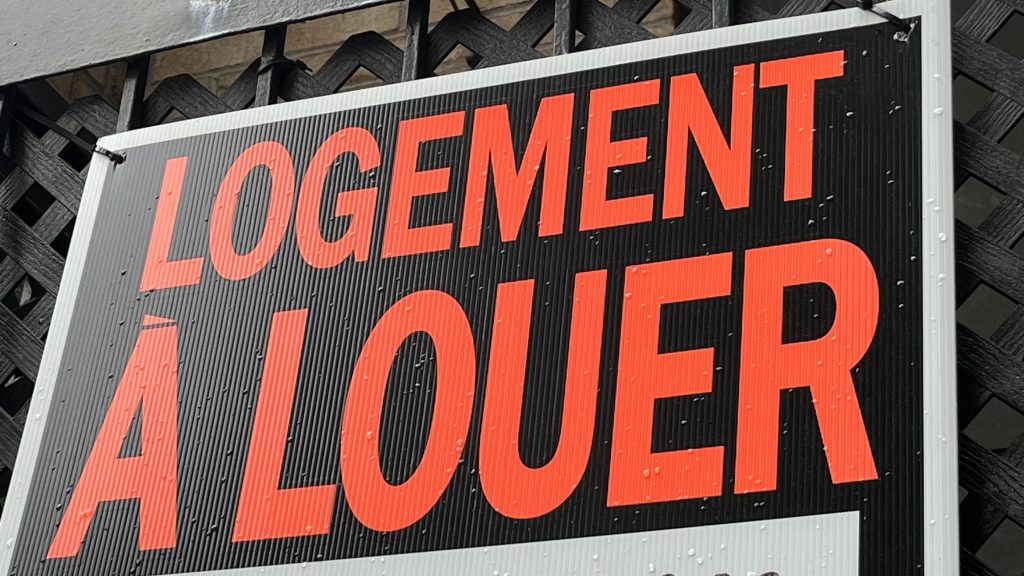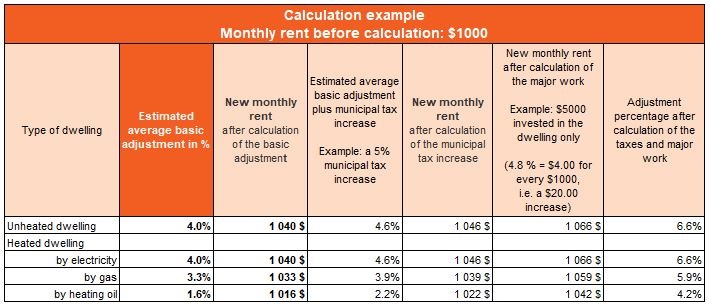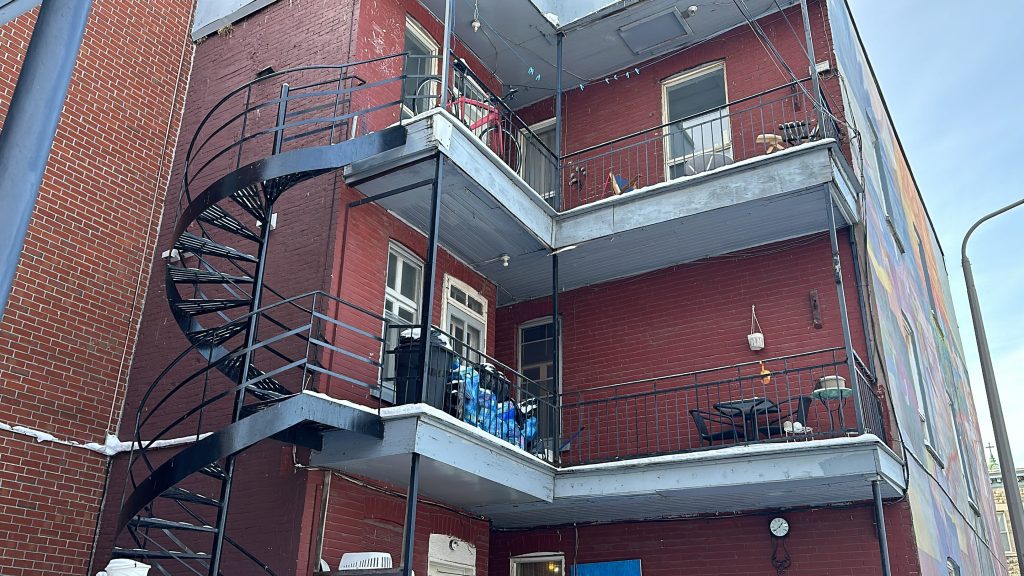Advocates concerned by Quebec housing tribunal’s recommendation to raise most rents by 4% in 2024

Posted January 17, 2024 5:05 pm.
Last Updated January 19, 2024 6:53 pm.
A housing advocacy group says it is concerned by the Quebec housing tribunal’s “exorbitant” recommendation to landlords to raise rents by four per cent in 2024.
But a corporation of Quebec landlords is calling it justified given inflation.
On Tuesday, Quebec’s Tribunal administratif du logement (TAL) issued its calculation for rent adjustment in the new year, and recommended that landlords increase rents by four cent for all unheated dwellings or those that include electric heating in the lease.
It’s one of the largest single-year increase recommendations in the last several years.
RCLALQ, the Regroupement des comités logement et associations de locataires du Québec, is calling the increase “excessive.”
#WATCH: “It’s terrible news,” says Cédric Dussault of RCLALQ, on the Quebec housing tribunal’s calculation of rent increases for 2024. For leases of $1,000, the TAL recommends an average four per cent base increase.
— CityNews Montreal (@CityNewsMTL) January 19, 2024
READ: https://t.co/JDetsEdb0H pic.twitter.com/zDRTBDKakN
“With threats of eviction and the scarcity of housing, tenants do not have much negotiating power,” RCLALQ spokesperson Cédric Dussault said in a news release. “As long as we do not impose a mandatory cap on increases, the uncontrolled explosion in rents will continue.”
“Most landlords propose their tenants raises that go way beyond what is recommended by the TAL, it’s going to be another really tough year for tenants,” Dussault added.
Among them, Mathieu from Hochelaga-Maisonneuve.

“The rent is cheaper here, cheaper than everywhere else in Montreal,” he said. “But still it’s increasing and getting crazy here.”
He’s about to start a new job, after being laid off. He’s now on his feet, but at one point, he questioned how he would afford his rent.
“It was really hard, at least I have some some [savings], but it’s getting really hard,” he said. “I’m really glad that I that I went back on the job market fast, otherwise I couldn’t pay my rent anymore and maybe I [would’ve ended] up on the street.
Mathieu says he is fighting against increases of 15 to 20 per cent by landlords.

“We go way beyond the limit of what tenants are able to pay,” Dussault said. “So if it continues at this rhythm, the system itself will break because the system is based on the capacity of the tenants to pay.”
A group representing landlords says the housing tribunal’s calculations don’t go far enough in taking into account expenses, including rising interest rates.
“If we have some of our tenants that are facing difficulties, we need to address that in the same way that we address that because food is too expensive, so we need to help them on an individual basis,” said Martin Messier, the president of the Association des propriétaires du Québec. “Not to say as a general rule, ‘let’s make sure that no landlords make money in Quebec,’ because we’re going to see the result that we’re seeing now: we’re not building enough.”
Meanwhile CORPIQ, the Corporation des Propriétaires Immobiliers du Québec, called the rent increases “Relatively moderate” given the surge in costs for landlords.
“After the upward spiral of costs for insurance, labour and construction materials, 2023 was marked by a dizzying rise in interest rates, plunging many owners into turmoil,” CORPIQ wrote in a news release.
The Quebec housing tribunal’s recommendations were not four per cent increases across the board. They suggested increases of 3.3 per cent for homes with gas heating included, and 1.6 per cent for homes with oil heating included.
The Tribunal administratif du logement says their calculations are applicable to rent-setting appeals brought before them and not direct recommendations to landlords.
In a statement to CityNews, a spokesperson says:
“When renewing a lease, the landlord is free to request, in a notice given to the tenant, a rent increase that they consider fair and reasonable. The tenant has the right to accept or refuse this increase within one month of receiving the notice from the landlord (if they do not respond within the stipulated period, he is deemed to have accepted).
If the tenant refuses the increase, they may remain in his dwelling (except if the dwelling is located in a building constructed 5 years or less ago, or whose use for residential purposes results from a change of use within five years of the date of the increase).”
If an agreement is not reached between the parties, the landlord can bring the case to the TAL.
Meanwhile, advocates are calling for a rent freeze, so tenants like Mathieu don’t always have to adapt their budget.
“Tighten a little bit my expenses,” he said. “Because we don’t know what today, tomorrow will bring.”









